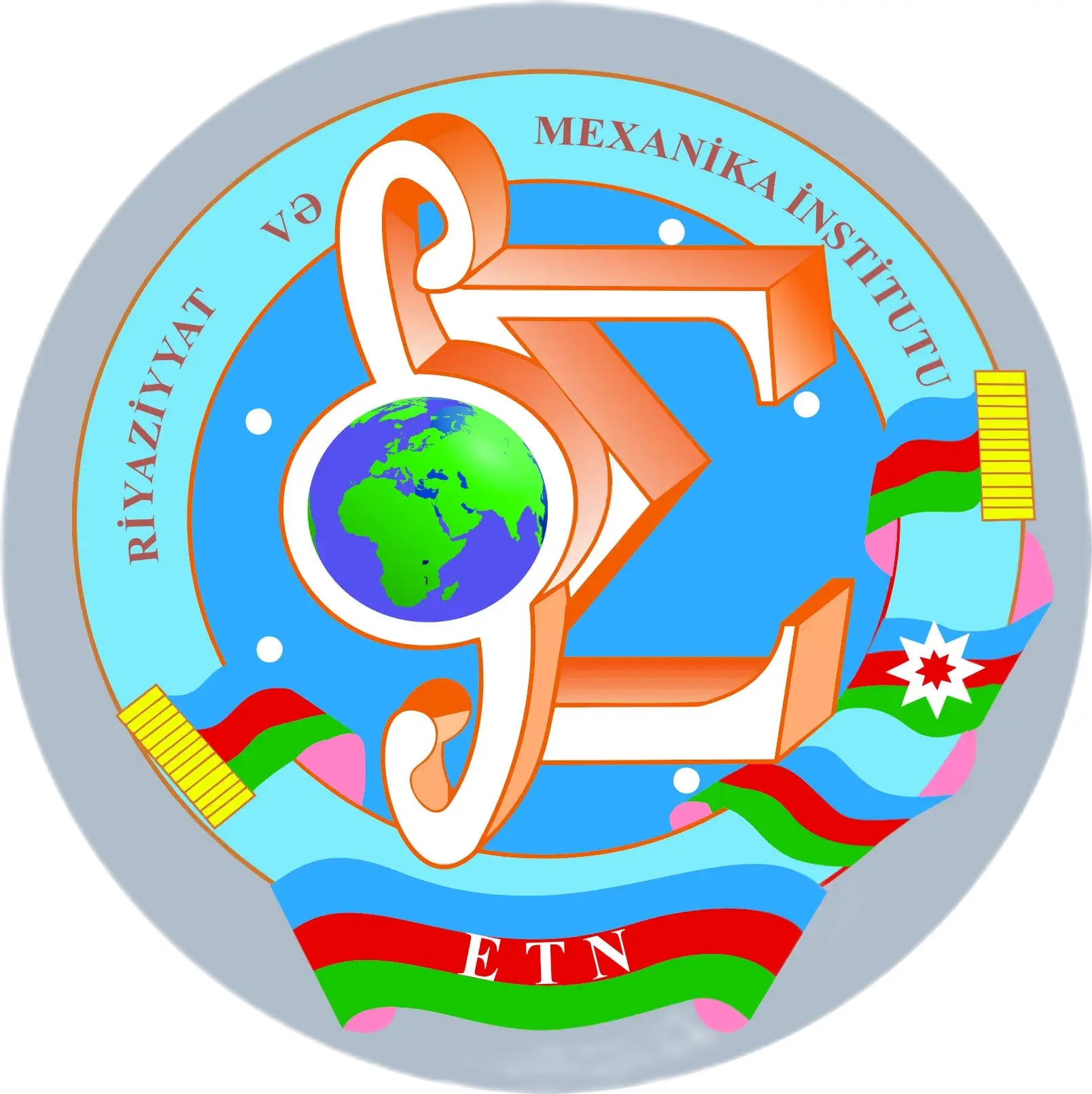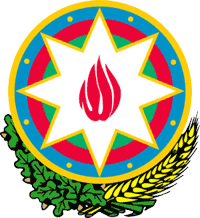



17/01/2022

The events that led to the tragedy of 1990 date back to 1987, when attempts to annex the Nagorno-Karabakh to Armenia and another wave of the expulsion of Azerbaijanis from their historical villages in Armenia were gaining momentum. But the Soviet leadership committed a terrible crime against the Azerbaijani people, instead of preventing these growing tensions.
On the night of January 19-20, under direct instructions from Mikhail Gorbachev, the then General Secretary of the Central Committee of the Communist Party of the Soviet Union, military units from the USSR Ministry of Defense, State Security Committee and Ministry of Internal Affairs entered Baku and nearby regions, massacring the civilian population using heavy military equipment and other various forms of weaponry. The Soviet army deployed a large contingent of special and internal troops in Baku who displayed unprecedented cruelty against the peaceful population. The army had brutally killed 82 civilians and severely wounded 20 others until a curfew was announced. Several days after the curfew was announced, 21 more civilians were murdered in Baku. 8 more civilians were killed in areas where a curfew had not been imposed, on January 25 in Neftchala and on January 26 in Lankaran.
As a result of the January tragedy, 131 civilians were killed and 744 more were wounded in Baku and nearby regions. Among those killed were women, children and the elderly, medical employees and policemen.
Mass arrests accompanied the illegal deployment of troops and the subsequent military intervention. A total of 841 civilians were arrested in Baku and other cities and regions of the republic, 112 of whom were sent to prisons in different cities of the USSR. The Soviet troops fired on 200 homes, 80 cars and set fire to a large number of public and private property, including ambulances.
The atrocities committed by Soviet troops were reminiscent of those actions condemned in the 1945-1946 international tribunal known as the Nuremberg trials.
The victims of the tragic events of 1990 are symbolically named “20 January martyrs”. In total, there are 150 “20 January martyrs” in Azerbaijan (full list).
Immediately after the tragedy, on January 21, 1990, national leader Heydar Aliyev visited with his family members the office of Azerbaijan`s permanent representation in Moscow. He expressed solidarity with his people, sharply condemned the Soviet leadership for committing the bloody tragedy and exposed those who led the operation: “I consider the events that took place in Azerbaijan as a violation of law, democracy, and of humanity… and the principles of constitutional state building… Had necessary measures been taken by the top party leadership at the beginning of the Nagorno-Karabakh events, we would not have faced escalated tensions that led to the deadly military assault launched on civilians on the night of 19 – 20 January 1990. Everyone involved in this crime must be appropriately punished.” At a session of the Milli Majlis of the NakhchivanAutonomous Republic on November 20, 1990, national leader Heydar Aliyev described the January tragedy as an assault on the Azerbaijani people`s sovereign rights: “I think this tragedy, which took place on January 19-20, is a result of the great fault of the political leadership of the Soviet Union, namely Gorbachev and his dictatorial ambitions, as well as of the then Azerbaijani leadership’s betrayal and crimes against their own people. As I know, since the end of the Great Patriotic war there have never been internal mass killings of this gravity in the Soviet Union – nowhere, not in any territory of any region. And it is the Soviet army that committed this. The gravity of this crime is evidenced by the fact that the Minister of Defense of USSR Yazov and Minister of Internal Affairs of the USSR Bakatin came to Baku in advance and commanded these military operations. The defense minister was rarely seen on the forefront during the war, but look just how important these operations were deemed, how large-scale they were considered, that marshal Yazov came to Baku and personally led the operations. All of these facts confirm that this was military aggression, an insult, as well a crime against the Azerbaijani people”.
Being a basis for nationwide mourning, the January tragedy also demonstrated the firmness of the Azerbaijani people`s will, and determination. Unmoved by the Soviet army`s cruelty and the consequent imposition of a curfew in Baku, the people of Azerbaijan staged a massive rally in the city`s “Azadlig” square on January 22 to pay tribute to the martyrs of January 20. The burial ceremony at the Alley of Martyrs was attended by nearly two million people. By demand of the people, the Supreme Soviet of Azerbaijan SSR even convened an extraordinary session and adopted a decision on the abolishment of the curfew in the city of Baku. Fearing people`s anger, members of the republic’s leadership at the time did not attend the session.
This epochal event was the deciding factor in forming Azerbaijani national identity and marked a turning point in restoring national independence. It was the January tragedy that turned a national liberation movement into a political reality and gave strong impetus to the Azerbaijani people`s struggle for independence.
The first political-legal recognition of the January 20 tragedy came on March 29, 1994, when Azerbaijan’s legislative body Milli Majlis adopted a relevant resolution on national leader Heydar Aliyev`s initiative. The resolution read: “The deployment of the Soviet troops in the city of Baku and several other regions and the brutal killing of civilians, with the intent to suppress, to break the confidence and will of a people who by peaceful means demanded a new democratic and sovereign state and to humiliate their national identity as a show of Soviet army power must be regarded as a military aggression and crime of the totalitarian communist regime against the people of Azerbaijan.”
The people of Azerbaijan continue to hold the memories of the martyrs dear to their hearts. On January 20 of each year, thousands of people visit the Alley of Martyrs to pay their tributes by laying flowers, say prayers for the victims and express their condemnation of the perpetrators of the tragedy.
Each year at midday on January 20, a nationwide moment of silence is observed to commemorate January 20 martyrs. Ships, cars, and trains sound sirens throughout the country, commemorative events are held in all cities and towns, and the national flag is lowered on all buildings.
mod.gov.az